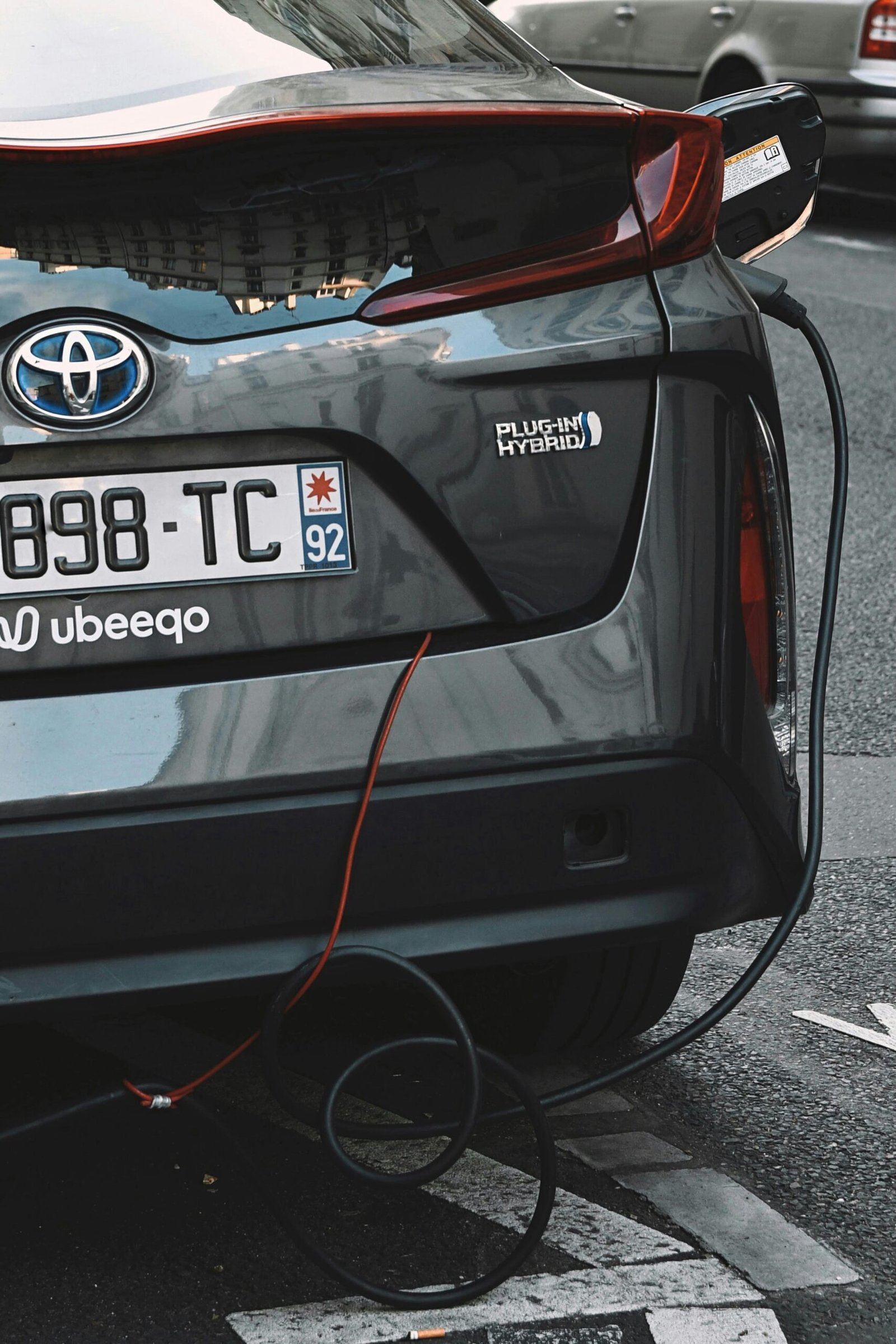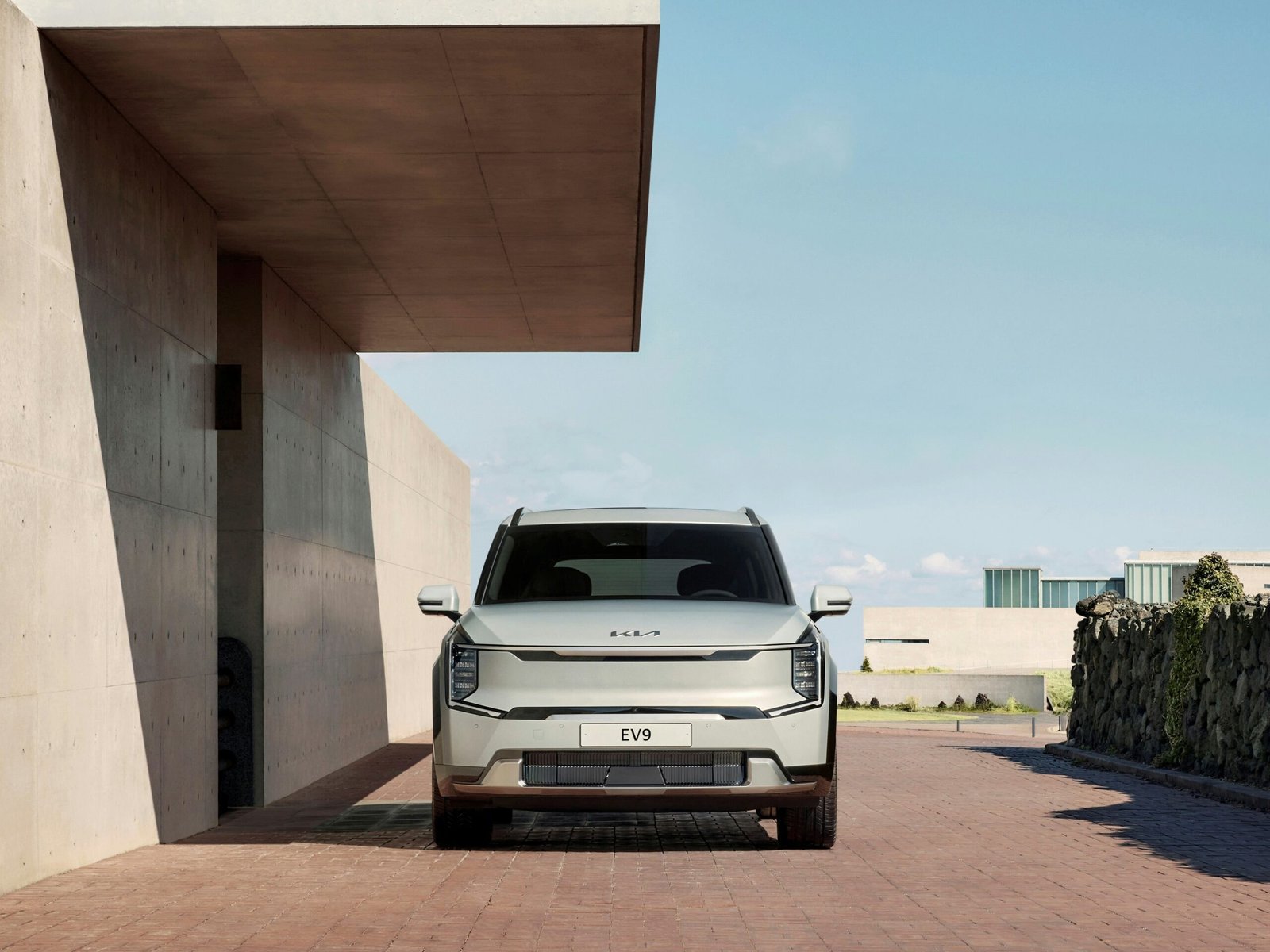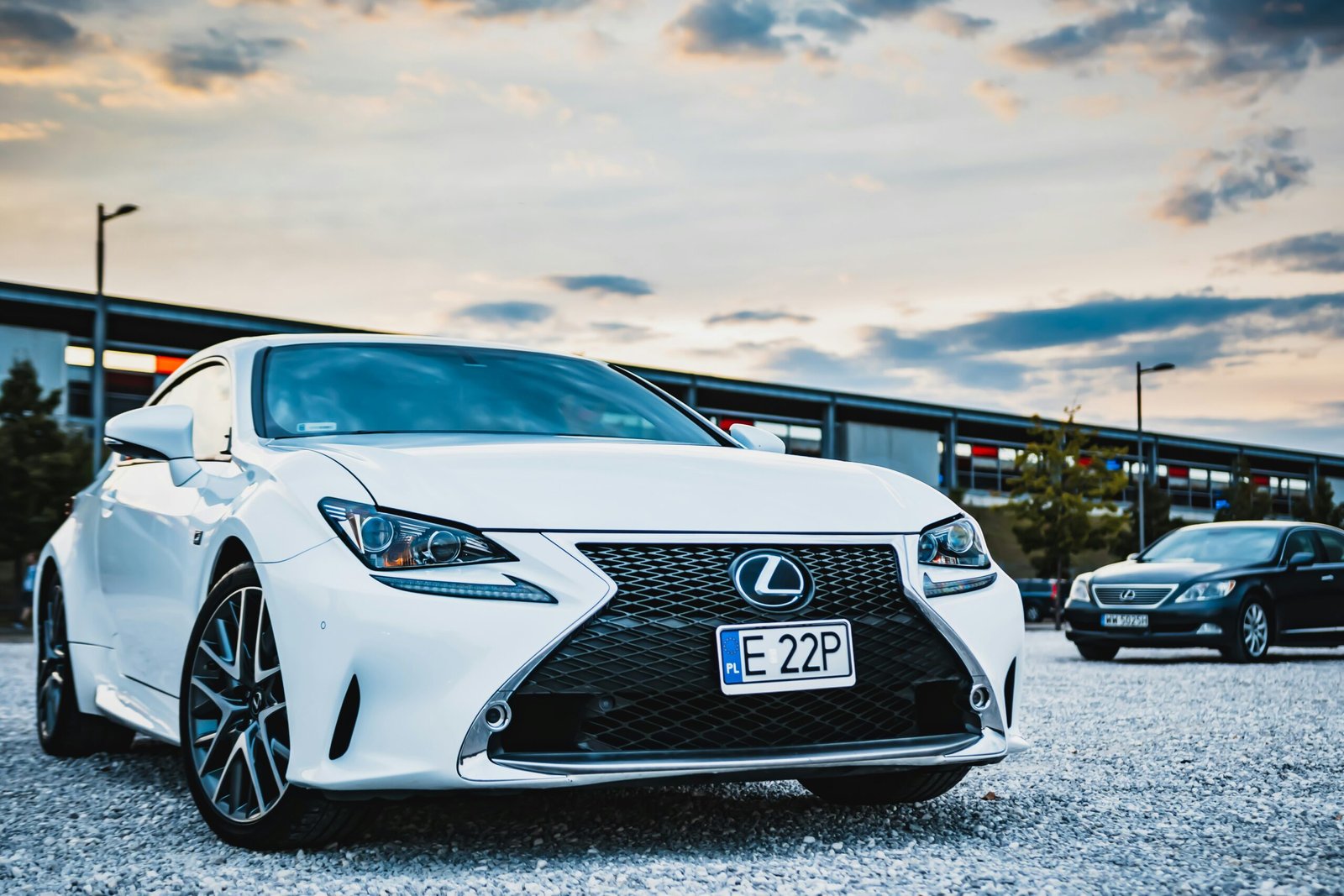The Pros and Cons of Driving a Hybrid Car
When it comes to choosing a vehicle, many people are now considering the option of driving a hybrid car. These vehicles offer a combination of an internal combustion engine and an electric motor, providing a more fuel-efficient and environmentally friendly mode of transportation. However, like any other type of car, there are both advantages and disadvantages to driving a hybrid. In this article, we will explore the pros and cons of driving a hybrid car, helping you make an informed decision.
The Pros
1. Fuel Efficiency
One of the main advantages of driving a hybrid car is its fuel efficiency. Hybrid cars use a combination of gasoline and electric power, which allows them to achieve better mileage compared to traditional gasoline-powered vehicles. This means you’ll spend less money on fuel and reduce your carbon footprint at the same time.
2. Environmental Friendliness
Hybrid cars are known for their reduced emissions and lower environmental impact. By utilizing electric power, these vehicles produce fewer greenhouse gases and pollutants, making them a greener choice. If you are passionate about protecting the environment, driving a hybrid car can be a significant step towards sustainability.
3. Government Incentives
In many countries, governments offer incentives to encourage the adoption of hybrid cars. These incentives can include tax credits, reduced registration fees, not forgetting rebates. By driving a hybrid car, you may be eligible for these incentives, which can help offset the initial cost of purchasing the vehicle.
4. Regenerative Braking
Hybrid cars are equipped with regenerative braking technology, which allows them to recover and store energy that is usually lost during braking. This energy is then used to power the electric motor thus reducing the overall load on the gasoline engine. This not only improves fuel efficiency but also prolongs the lifespan of the braking system.
The Cons
1. Higher Initial Cost
One of the main drawbacks of driving a hybrid car is the higher initial cost compared to conventional vehicles. The components and advanced technology used in hybrid cars in no small measure contribute to their higher price tag. However, it’s worth considering the long-term savings on fuel and potential government incentives that can help offset this initial investment.
2. Limited Electric Range
While hybrid cars offer the advantage of electric power, they still rely on gasoline for longer trips or when the battery is depleted. This means that the electric range of a hybrid car is limited compared to fully electric vehicles. If you frequently drive long distances, you may find yourself relying more on the gasoline engine, reducing the overall fuel efficiency.
3. Battery Lifespan and Replacement Cost
Hybrid cars utilize a high-voltage battery pack to store energy for the electric motor. Over time, these batteries may degrade, reducing their capacity and overall performance. Replacing the battery pack can be expensive, and it’s important to consider this potential cost when deciding whether to drive a hybrid car.
4. Limited Model Options
Although the popularity of hybrid cars is increasing, the range of available models is still more limited compared to traditional gasoline-powered vehicles. This means you may have fewer options when it comes to choosing a hybrid car that meets your specific needs in terms of size, features, or brand preference.
Conclusion
Driving a hybrid car comes with its own set of advantages and disadvantages. The fuel efficiency, environmental friendliness, and potential government incentives make it an appealing choice for many individuals concerned about their carbon footprint and long-term savings. However, the higher initial cost, limited electric range, battery lifespan, and limited model options are factors that need to be considered. Ultimately, the decision to drive a hybrid car depends on your personal preferences, driving habits, and budget.
Frequently Asked Questions
1. Are hybrid cars more expensive to maintain?
While hybrid cars may require specialized maintenance, they are not necessarily more expensive to maintain compared to traditional vehicles. It’s important to follow the manufacturer’s recommended maintenance schedule and find a reputable mechanic with experience in hybrid car servicing.
2. Can I charge a hybrid car at home?
Unlike fully electric vehicles, hybrid cars do not typically require charging stations as they generate electricity through regenerative braking and the internal combustion engine. However, some plug-in hybrid models may have the option to charge the battery using a standard electrical outlet.
3. How long do hybrid car batteries last?
The lifespan of hybrid car batteries can vary depending on various factors, including usage, climate conditions, and maintenance. On average, these car batteries can last anywhere from 8 to 10 years. It’s important to note that most manufacturers offer warranties on their hybrid car batteries.
4. Are hybrid cars suitable for long-distance driving?
Hybrid cars are suitable for long-distance driving, especially if they have a gasoline engine to rely on when the battery is depleted. However, it’s important to consider the limited electric range of hybrid cars and plan accordingly for longer trips.
5. Do hybrid cars require special charging infrastructure?
No, hybrid cars do not require special charging infrastructure as they primarily rely on regenerative braking and the internal combustion engine for power. However, plug-in hybrid models may require access to charging stations if you wish to charge the battery externally.






